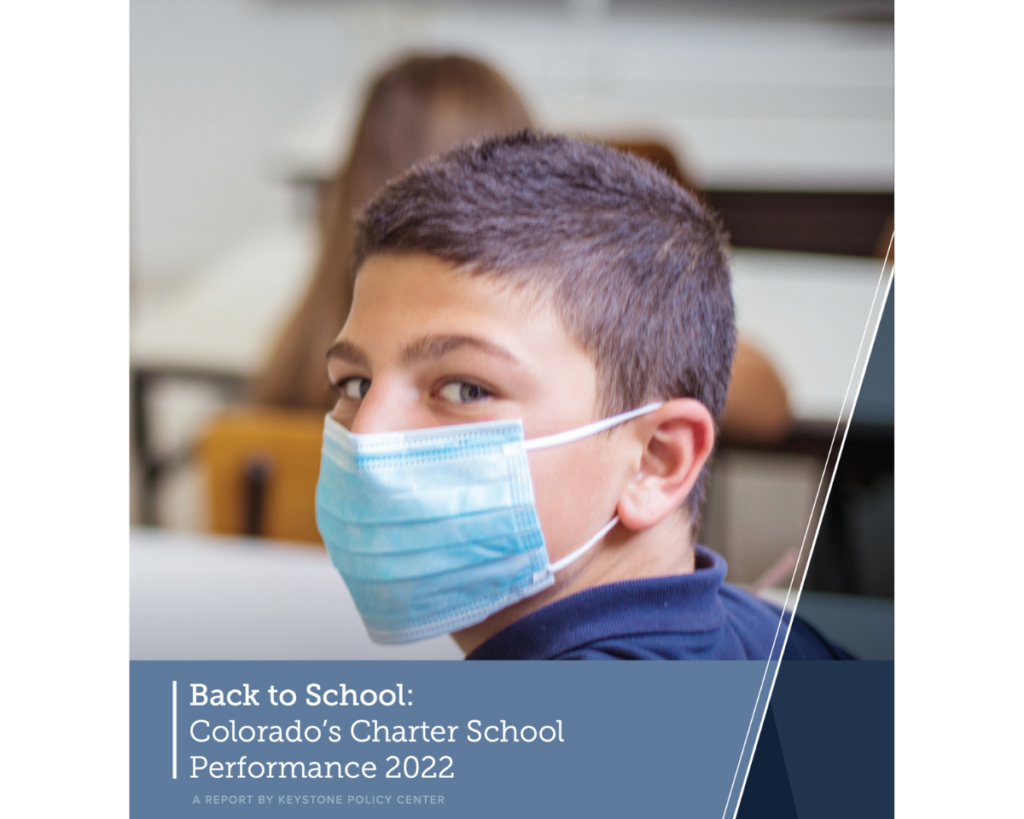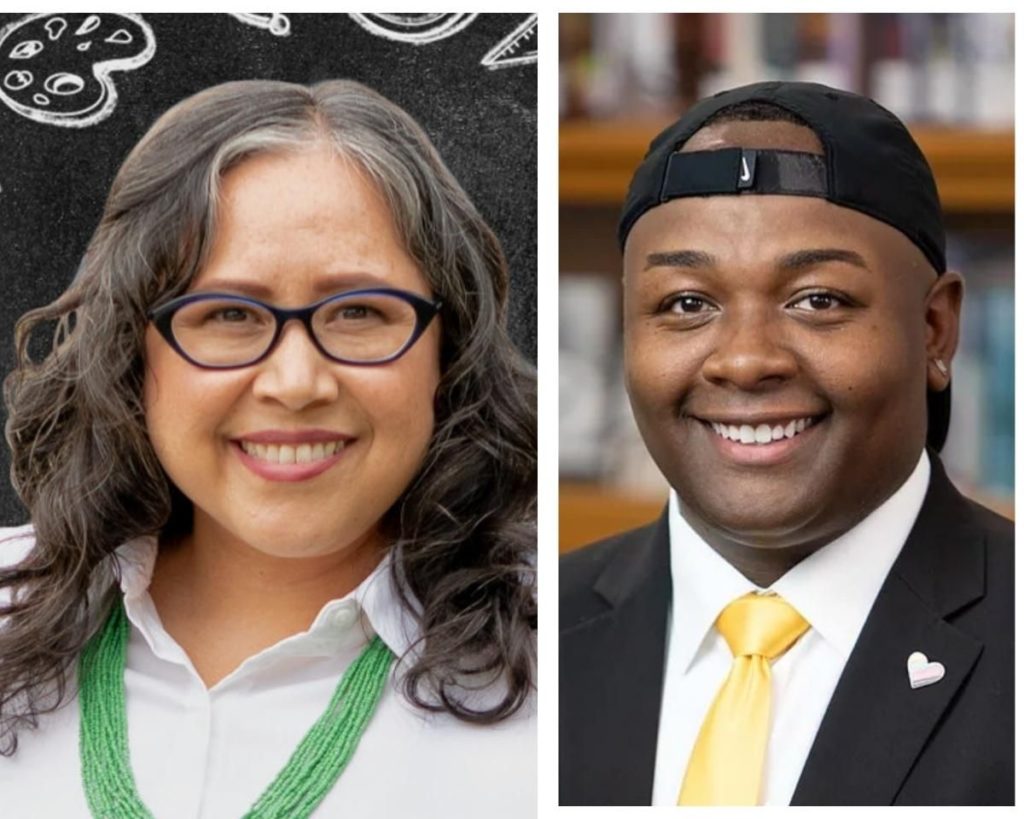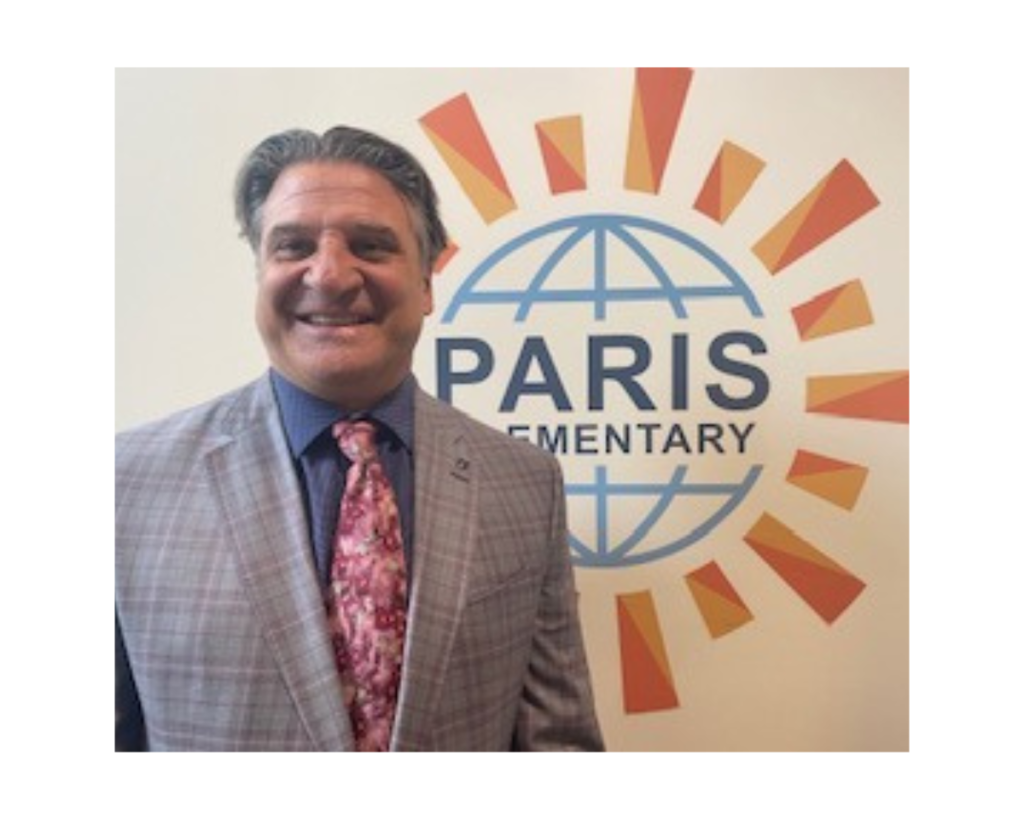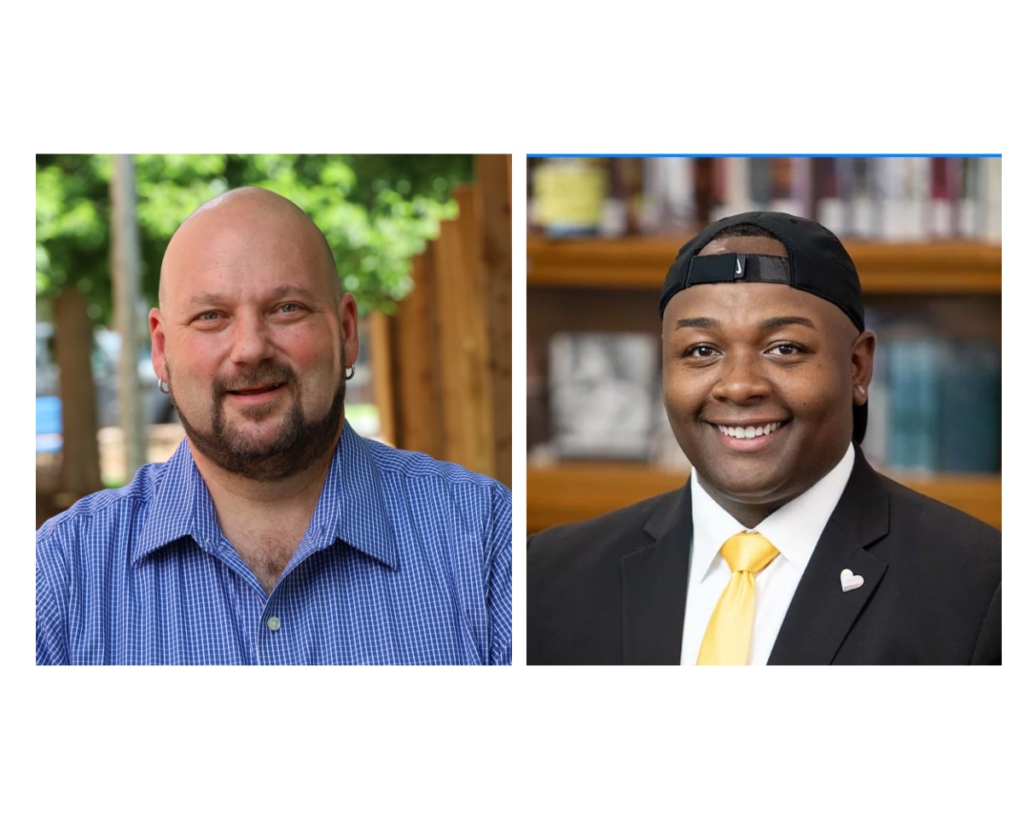Eight steps to a better 2023 for DPS
Here’s hoping that 2023 shows at least some modest improvement in governance and administrative performance. Either way, three of seven seats on the board are up for election in November so the voters can exert influence, if they bother to get engaged.
Eight steps to a better 2023 for DPS Read More »










